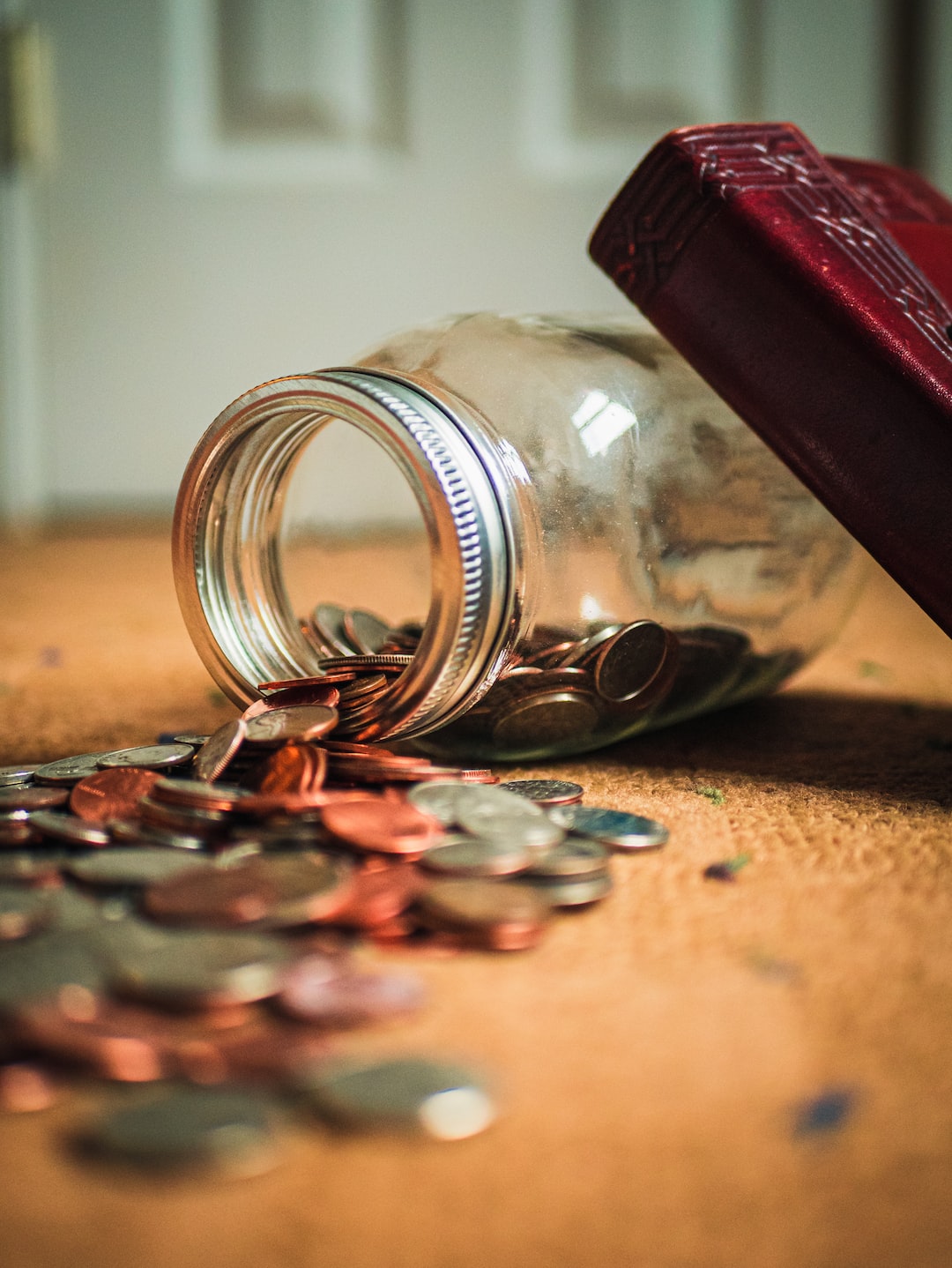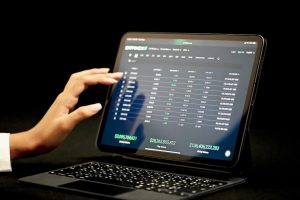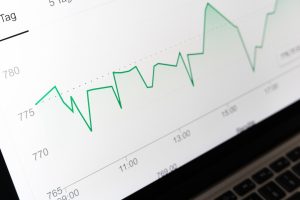Foreign exchange reserves, commonly known as forex reserves, are the foreign currencies and assets held by a country’s central bank or monetary authority. These reserves include foreign currencies, gold, and special drawing rights (SDRs) allocated by the International Monetary Fund (IMF) to member countries. Forex reserves act as a buffer to mitigate the effects of economic shocks and uncertainties, and they serve as a critical tool for maintaining the stability of a country’s currency and economy.
Every country has its own forex reserve, which is constantly monitored and adjusted based on various economic factors. The size of a country’s forex reserves depends on several factors, including its level of economic development, its trade and investment activities, and its monetary policy objectives. For example, a country that heavily relies on exports would need a higher forex reserve to ensure that it can meet its foreign currency obligations and maintain its currency’s value.
Forex reserves play several critical roles in a country’s economy. First, they act as a financial cushion in times of economic crises. For example, if a country experiences a sudden drop in its currency value or a financial market disruption, it can use its forex reserves to stabilize its currency and mitigate the impact of the crisis. This can help prevent a full-blown economic crisis, as it provides the country with the necessary resources to support its economy.
Second, forex reserves are essential for international trade and investment. Countries with ample forex reserves can easily finance their imports and investments in foreign currencies, as they have the necessary financial resources to do so. This can help boost their overall economic growth and development, as it allows them to engage in international trade and investment activities without facing financial barriers.
Third, forex reserves are essential for maintaining the stability of a country’s currency. When a country has a large forex reserve, it can use it to intervene in the foreign exchange market and support its currency’s value. This can help prevent currency fluctuations and ensure that the currency remains stable, which is crucial for attracting foreign investments and maintaining investor confidence.
In addition, forex reserves can also be used to support various monetary policy objectives. For example, a country’s central bank can use its forex reserves to implement monetary policies that aim to control inflation or stimulate economic growth. By using its forex reserves, the central bank can adjust interest rates or intervene in the foreign exchange market to achieve its monetary policy objectives.
Overall, forex reserves play a critical role in a country’s economy. They provide a buffer against economic shocks, support international trade and investment, maintain currency stability, and support monetary policy objectives. Therefore, it is essential for countries to maintain an adequate level of forex reserves to ensure the stability and growth of their economies.






